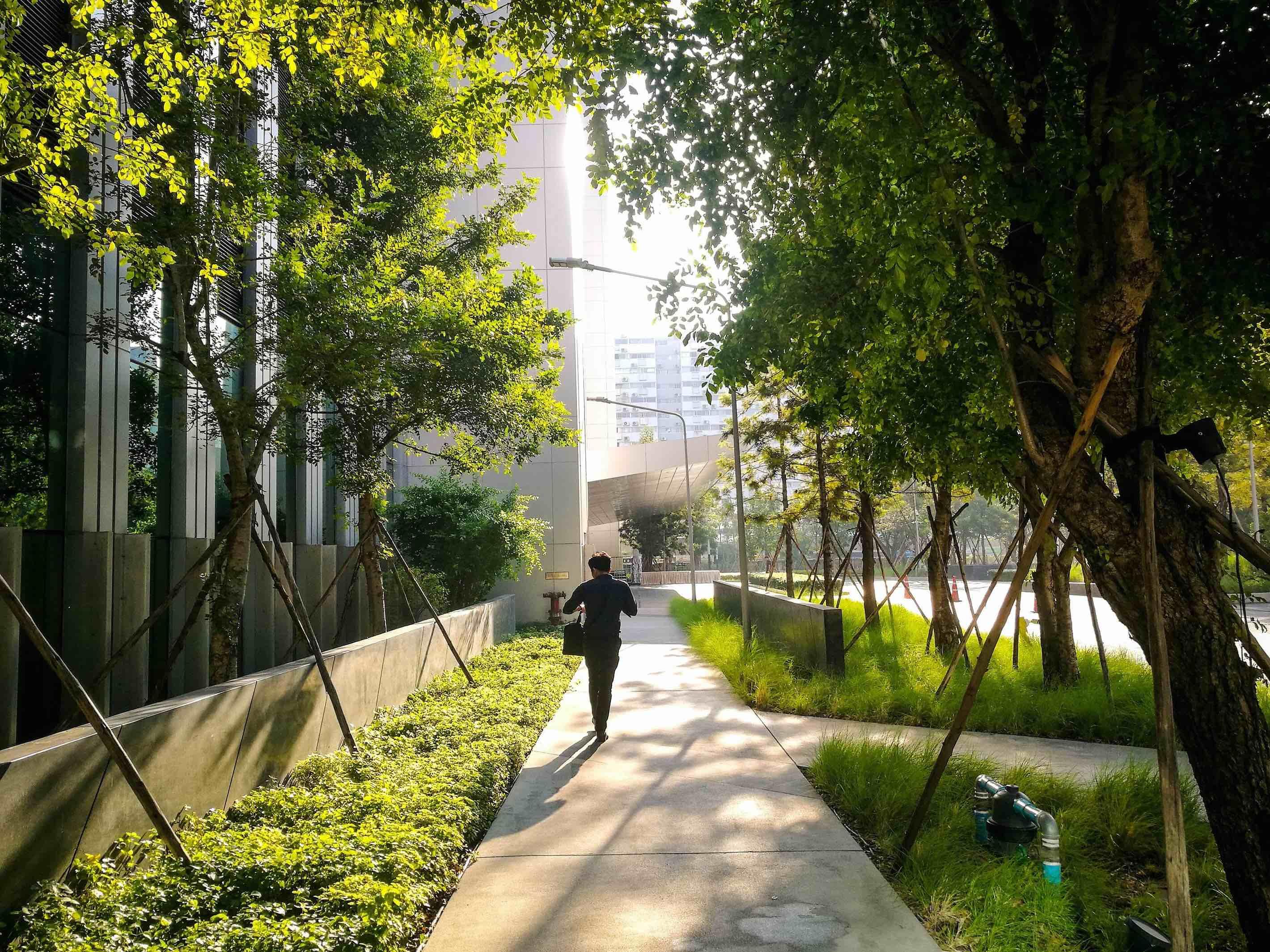
In recent years, the calls to create a balance between economic and environmental goals have been steadily growing. One of the concept that is regularly brought up in this discussion is achieving a sustainable development. What is more intriguing, is that private sector has been joining this discourse, and openly support the implementation of such idea.
The question is, what constitutes a sustainable development? And can private sector be the driver in this new endeavour?
What is sustainable development?
The term sustainable development was originally conceived by the Brundtland Commission in 1987. The report from Brundtland Commission finds that securing a better future for next generation is still within the realm of possibility, and highlights the three fundamental components of said endeavour: economy; society; and the environment. The definition of sustainable development coined by the commission is still widely known and used throughout the world: Sustainable development is development that meets the needs of the present without compromising the ability of future generations to meet their own needs.
Later on in 2015, UN member states adopted the 2030 Agenda for Sustainable Development. This agenda consisted of 17 goals – each with its own sets of indicator - which primarily intended as a general call to end poverty, protect the planet, and ensure a shared peace and prosperity.
Implementation of sustainable development: A simultaneous process of progress and stagnation
Since 2015, the world has seen both the progress and the challenges with regards to sustainable development.
In OECD member countries, there are still rising pressure on environmental resources, which include a trend on the loss of biodiversity. The use of materials to support economic growth remains high, waste management is still a challenge yet to be resolved, and greenhouse gases emission is still on the rise. Moreover, the pandemic has put unprecedented pressure on the financing side of sustainable development, and the economic recovery from the pandemic is unable to be categorised to be green as many previously called during the early period of pandemic.
The story is no different in Indonesia. Bappenas, as the coordinator of SDGs implementation in Indonesia, admits that pandemic has proven to be a significant challenge with regards to sustainable development. One thing is clear, due to pandemic, poverty level has gone back to the level 3 years prior. And in a country embedded with vast culture, there is a lack of proper human resources to implement SDG strategies on the subnational level.
Still, there are progress, which in this case coming from private sector. Bappenas notes that there are 100 companies that published sustainability report in 2020, and 895 businesses have obtained green certification.
Private sector as the main driver of sustainable development
From the report published by Bappenas, it could be inferred that private sector’s involvement to realise sustainable development has been recognised as a crucial one. The question is, to what extent that this contribution really matters?
As it turns out, private sector investment in sustainable development is crucial. UNDP points out that to the fact that in developing countries, private sector accounts to 60% of GDP, next to 90% of jobs. By creating decent jobs, spurring innovations, and supplying essential infrastructure and affordable goods and services that answers to the goals of sustainable development, one could easily conclude that private sector could be at the forefront of sustainable development.
In practice, there are several ways that this contribution could be materialised. There are financial instruments businesses could provide such as loans, guarantees, and grants. In addition to financial instruments, businesses could engage through non-financial instruments in the forms of policy dialogue and technical assistance. Last but not least, in a framework of cooperation between public and private sector, private investment could be cushioned with risk management bear by the government, to ensure high social and environmental impacts of said investment.
What’s next?
Back In 2015, the International Finance Corporation (IFC) reached a conclusion in their annual report, that private sector is an indispensable force in sustainable development.
Hence, it is only logical that such contribution needs to be leveraged further in the years to come. So what comes next?
In 2021, the UN released a report on financing the sustainable development. There are few notable findings that is worth to be highlighted to enhance private sector contribution to sustainable development. They are: selecting a priority sector that is able to drive sustainable economic growth; harness the potential of digital finance services; and encourage relevant actors in investment chain to purse a long-term approach. Private sector is also expected to improve their transparency in relations to performance on ESG-related indicators.
There are 17 goals on sustainable development, and the resolution developed by UN member states was adopted in the spirit of collaborative partnership. To this end, it is imperative for private sector to continue and improve their involvement in this global action. Such contribution will keep the spirit of collaboration alive and ensure the vision of realising a Sustainable Development in the year 2030 is not merely a dream.
Share this article
Other News
that may interest you...

Indonesia is an archipelago with tropical climate, located between two continents, Asia and Australia, as well as two oceans, the Pacific and Indian.